Online Class: Research Frontiers — Contemporary Studies in Trauma and Recovery

no certificate
with CEU Certificate*
-
15Lessons
-
22Exams &
Assignments -
7Hours
average time -
0.7CEUs
Course Description
In an ever-evolving world where the shadows of trauma surround us all, understanding the pathways to recovery is not just beneficial--it's crucial. "Research Frontiers: Contemporary Studies in Trauma and Recovery" isn't just a course; it's a profound journey into the heart of transformation itself, offering you the keys to not only unlock the mysteries of trauma but empower yourself and others towards renewal and hope.
Imagine standing at the forefront of contemporary research, equipped with cutting-edge insights that redefine trauma not as a mere affliction but as an intricate tale of survival and resilience. This course invites you to traverse a landscape where science and compassion converge, where each lesson is a beacon guiding you towards forging powerful and empathetic connections with those you seek to help.
Let us start by unraveling the complex tapestry of trauma itself. Here, you will dive deep into its multifaceted nature--understanding that trauma is not just a physical or emotional scar but a dynamic narrative that can dictate one's entire worldview. Appreciate how each individual's experience is unique, making the exploration and application of nuanced recovery approaches not just relevant but revolutionary in crafting paths of healing and growth.
Memory is the silent custodian of trauma, encoding and storing every experience that shapes us. This course delves into the profound interconnection between memory and trauma, offering you insights into how lifestyle factors such as exercise and nutrition can support emotional health. By embracing these ideas, you'll learn to create environments of empowerment and healing, exploring how memory's transformative potential can spark renewal and recovery.
Yet, trauma recovery does not occur in isolation. Embrace the intricate mesh of psychosocial forces that influence this process. From psychological dynamics to social contexts, understand how cultural norms, social support systems, and economic conditions steer trauma responses and access to care. Here, you'll equip yourself with the knowledge to navigate the complexities of recovery, ensuring that your approach is as inclusive as it is effective.
In this course, explore state-of-the-art therapeutic techniques designed with today's world in mind. From narrative storytelling to harnessing the power of tech innovations like virtual reality, uncover the latest modalities that redefine therapeutic frontiers. Embrace the art of storytelling as a healing modality, where words become bridges back to one's sense of self and wellness.
Consider how trauma discreetly weaves its way through development, influencing growth and behavior. With a focus on developmental trauma, the course will open your eyes to the impacts that can reverberate through a person's life. Through this understanding, gain the ability to steer individuals toward healthier, more fulfilling lives regardless of their past experiences.
Cultural aspects of trauma recovery add another significant layer to your training. Explore the intersection of culture and healing, where each interaction respects diverse backgrounds and empowers culturally sensitive care.
Engage with the concept of trauma-informed care within healthcare spaces, understanding how to reconceptualize environments to accommodate dignity and respect for those affected by trauma. Discover how to address the mental health ramifications of trauma like anxiety and depression, crafting interventions that treat root causes rather than merely symptoms.
Throughout your journey in "Research Frontiers," you will connect with pioneering concepts such as somatic experiencing, collective healing approaches, and even the complex relationship between trauma and substance use. Examine how trauma impacts individuals across the lifespan, from children to elderly survivors, and navigate the legal and ethical challenges that engage professionals in the field.
By embarking on this course, you are not simply expanding your educational horizon. You are transforming your capacity to effect change--standing as a beacon of innovation, empathy, and expertise in a world in desperate need of it. Embrace the opportunity to be part of something larger than yourself, part of a movement that does not just understand trauma, but positively transforms it. Enroll in "Research Frontiers: Contemporary Studies in Trauma and Recovery," and take your place at the vanguard of change. This journey is about more than knowledge--it's about sculpting a brighter, healthier future for you and those you touch with your newfound insights. Welcome to the beginning of your transformative impact.
- Completely Online
- Self-Paced
- 6 Months to Complete
- 24/7 Availability
- Start Anytime
- PC & Mac Compatible
- Android & iOS Friendly
- Accredited CEUs

Course Lessons
Lesson 1. The Multidimensional Nature of Trauma: Definitions and Insights
Trauma's complex nature scars individuals physically and emotionally, necessitating nuanced recovery approaches by exploring definitions and types. The importance of understanding these intricacies is central to customizing effective support for diverse trauma experiences.Lesson 2. Encoding, Storage, and Retrieval: Memory's Role in Trauma
The complex memory mechanisms offer insights into trauma's impact and recovery, emphasizing the role of lifestyle factors like exercise and nutrition in supporting memory and emotional health. By integrating scientific understanding with therapy, spaces for healing and empowerment are created, highlighting memory's potential for renewal.Lesson 3. Interwoven Forces of Trauma Recovery
Psychosocial influences on trauma and recovery are elaborated on, emphasizing psychological dynamics and social contexts that affect recovery, with cultural norms and social support systems crucial in shaping trauma responses. Various factors, including economic conditions, are pivotal in determining access to care and resources critical for effective trauma recovery.Lesson 4. Bridging Neurology and Compassion in Trauma Care
Intergenerational trauma highlights how the effects of trauma can be transmitted across generations via genetic, psychological, and social mechanisms. Cultural resilience, through traditions and practices, plays a vital role in breaking these cycles and promoting healing within affected communities.Lesson 5. The Neurobiology of Childhood Adversity and Recovery
Neuroplasticity and mindfulness-based interventions offer promising avenues for recovery from developmental trauma, enhancing emotional regulation and social connections. Educational settings implementing socio-emotional learning frameworks show notable improvements in peer interactions and resilience among traumatized children.Lesson 6. Cultural Pathways in Trauma Recovery: Exploring the Role of Diverse Healing Practices
A nuanced understanding of trauma recovery involves recognizing the profound role of culture in shaping individual and communal healing practices, emphasizing that different societal narratives can deeply influence therapeutic approaches. Modern strategies increasingly respect cultural traditions, blending evidence-based methods with collective healing rituals like storytelling, music, and spiritual beliefs to foster more comprehensive and inclusive recovery outcomes.Lesson 7. Empowering Healing: The Essence of Trauma-Informed Care
Trauma-Informed Care (TIC) reshapes traditional mental health approaches by emphasizing historical trauma roots and fostering trauma-sensitive environments through principles of safety and empowerment. It advocates a cultural shift in education and justice sectors, recognizing neurobiological trauma impacts and the pivotal role of peer support in healing.Lesson 8. Mental Health Under Siege: The Aftermath of Traumatic Experiences
Initially studied as 'shell shock' in WWI, trauma's impact now extends to everyday adversities, influencing various psychological conditions like PTSD. Integrating cultural, gender, and socio-economic perspectives has deepened researchers' understanding, transforming trauma from an abstract concept to a concrete public health issue.Lesson 9. From Griots to Digital Platforms: The Evolution of Therapeutic Storytelling
Dating back to ancient civilizations, storytelling has served as a therapeutic conduit across cultures, from Greek tragedies to Native American rituals. As neuroscience reveals storytelling's brain impacts, blending tradition with modern therapy deepens healing potentials, addressing trauma holistically.Lesson 10. Mind-Body Connection: The Heart of Trauma Recovery
EMDR combines cognitive therapy with bilateral sensory input to process traumatic memories, offering a gentle alternative to direct confrontation. It has gained recognition for effectively reducing PTSD symptoms in fewer sessions, demonstrating adaptability in treating a range of trauma-related conditions.Lesson 11. Immersive Healing: VR's Impact on Emotional Recovery
The incorporation of VR into therapy provides dynamic, immersive environments that enhance trauma recovery, particularly for PTSD sufferers. By simulating real-world triggers safely, VR allows individuals to practice emotional regulations and coping strategies, offering an innovative solution for skilled and group therapy sessions.Lesson 12. The Transformative Role of Communal Rituals in Trauma Recovery
Cultural traditions such as Japanese Naikan gatherings or communal rituals in post-apartheid South Africa highlight collective healing's transformative power in overcoming trauma. These practices demonstrate the modern therapeutic efficacy of fostering emotional interconnectedness and shared narrative construction in diverse communities.Lesson 13. Navigating the Trauma-Substance Use Nexus
The intricate relationship between trauma and substance use is rooted in historical and theoretical contexts that have informed current approaches to recovery, particularly emphasizing trauma-informed care that looks beyond symptoms to the reasons behind substance misuse. Emerging theories like the self-medication hypothesis and research into neurobiological changes due to trauma stress the importance of integrated treatment approaches combining psychology, psychiatry, and neuroscience.Lesson 14. Trauma's Lifelong Impact
Understanding trauma throughout the lifespan highlights the profound impacts it can have at different developmental stages and the necessity for targeted interventions to foster resilience.Lesson 15. Cultural Sensitivity and Participant Well-being in Trauma Research
Ethical frameworks in trauma research serve as crucial guides, ensuring participant rights and study credibility while emphasizing respect for autonomy, beneficence, and justice across diverse cultural contexts. These principles underpin informed consent, competency assessment, and inclusive methodologies, shaping responsible practices and advancing trauma understanding.[
Learning Outcomes
- Define acute, chronic, and complex trauma by identifying their unique characteristics and recovery implications.
- Recognize the role of trauma-informed care principles in fostering resilience and recovery within peer support frameworks.
- Identify therapeutic interventions that address encoding challenges in trauma-related memory disruptions.
- Define the processes of encoding, storage, and retrieval in memory and their impact on trauma recovery.
- Analyze the effectiveness of treatments like neurofeedback therapy or mindfulness in modulating trauma-related brain activity
- Articulate the importance of genetic and epigenetic factors in predisposing individuals to trauma-related disorders
- Demonstrate understanding of neuroplasticity's role in trauma recovery through positive social interactions and creative pursuits
- Describe the HPA axis's role in trauma-related disorders and its impact on hormonal balance
- Evaluate the influence of chronic inflammation on mental health disorders associated with trauma
- Explain how socioeconomic factors like access to healthcare impact trauma recovery processes
- Identify the role of the sympathetic nervous system in trauma response, including its impact on adrenaline and noradrenaline release
- Recognize psychosocial influences such as social support systems and cultural norms in shaping trauma recovery trajectories
- Demonstrate mastery of lesson content at levels of 70% or higher.
Additional Course Information

- Document Your Lifelong Learning Achievements
- Earn an Official Certificate Documenting Course Hours and CEUs
- Verify Your Certificate with a Unique Serial Number Online
- View and Share Your Certificate Online or Download/Print as PDF
- Display Your Certificate on Your Resume and Promote Your Achievements Using Social Media

Choose Your Subscription Plan
No Certificate / No CEUs
This course only
| Includes certificate | X |
| Includes CEUs | X |
| Self-paced |

|
| Instructor support |

|
| Time to complete | 6 months |
| No. of courses | 1 course |
Certificate & CEUs
This course only
| Includes certificate |

|
| Includes CEUs |

|
| Self-paced |

|
| Instructor support |

|
| Time to complete | 6 months |
| No. of courses | 1 course |
Certificates & CEUs
Includes all 600+ courses
| Includes certificate |

|
| Includes CEUs |

|
| Self-paced |

|
| Instructor support |

|
| Time to complete | 12 Months |
| No. of courses | 600+ |
Certificates & CEUs
Includes all 600+ courses
| Includes certificate |

|
| Includes CEUs |

|
| Self-paced |

|
| Instructor support |

|
| Time to complete | 24 Months |
| No. of courses | 600+ |
Related Courses
-
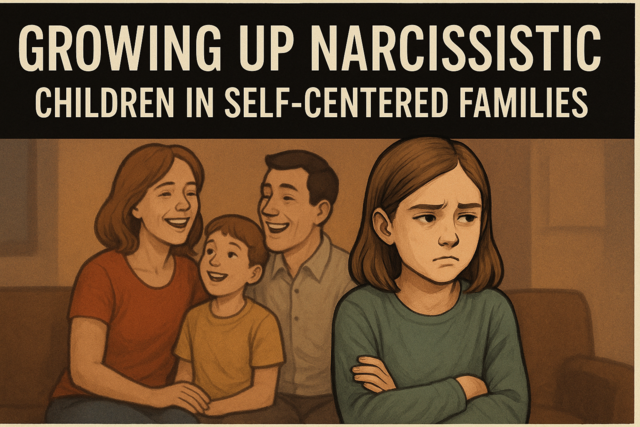 3 hours
0.3 CEUs
Growing Up Narcissistic: Children in Self-Centered Families
+ More Info
3 hours
0.3 CEUs
Growing Up Narcissistic: Children in Self-Centered Families
+ More Info
-
 5 hours
0.5 CEUs
Self-Discipline and Motivation Strategies
+ More Info
5 hours
0.5 CEUs
Self-Discipline and Motivation Strategies
+ More Info
-
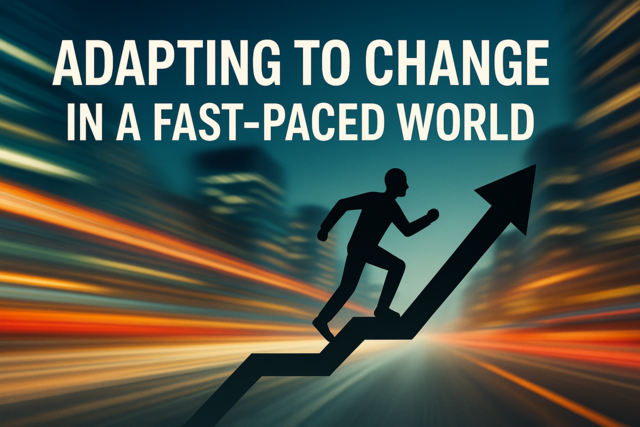 7 hours
0.7 CEUs
Adapting to Change in a Fast-Paced World
+ More Info
7 hours
0.7 CEUs
Adapting to Change in a Fast-Paced World
+ More Info
-
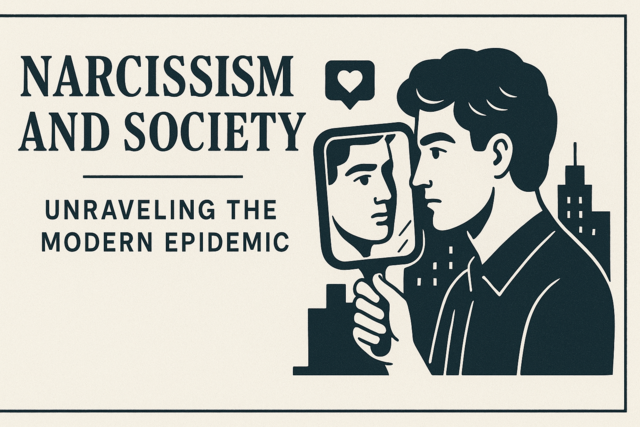 6 hours
0.6 CEUs
Narcissism and Society: Unraveling the Modern Epidemic
+ More Info
6 hours
0.6 CEUs
Narcissism and Society: Unraveling the Modern Epidemic
+ More Info
-
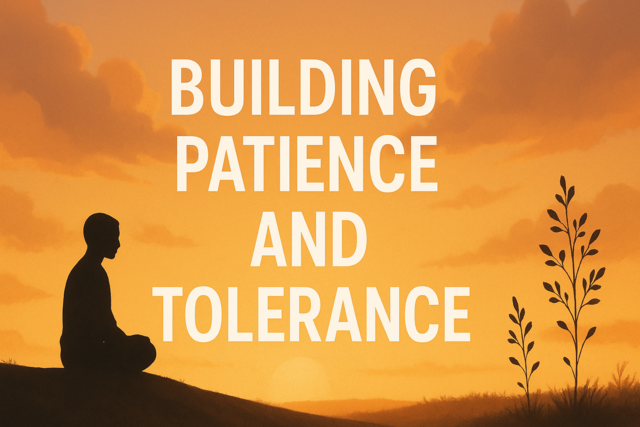 7 hours
0.7 CEUs
Building Patience and Tolerance
+ More Info
7 hours
0.7 CEUs
Building Patience and Tolerance
+ More Info
-
 6 hours
0.6 CEUs
Digital Literacy and Security
+ More Info
6 hours
0.6 CEUs
Digital Literacy and Security
+ More Info
-
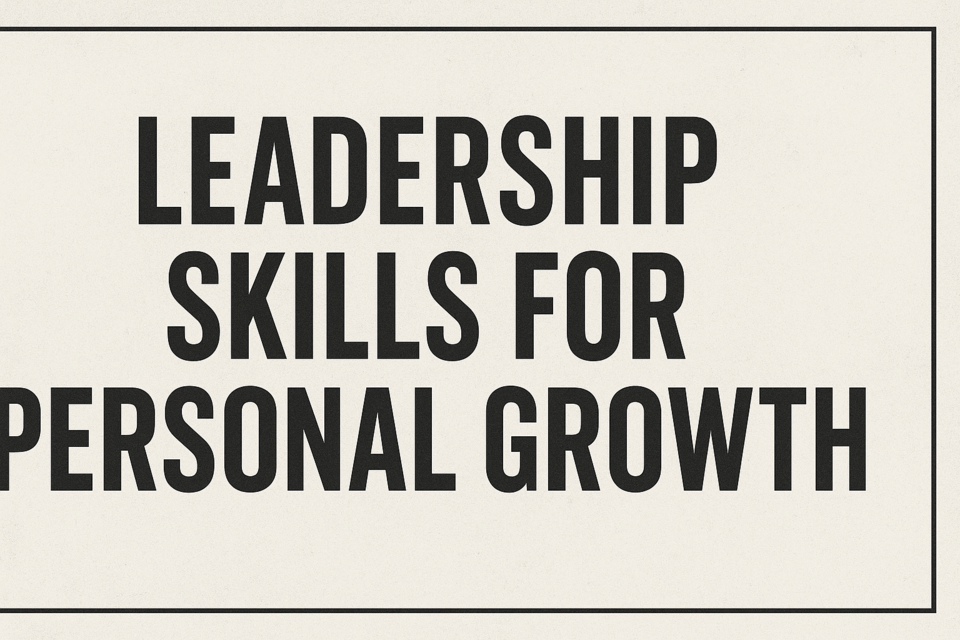 4 hours
0.4 CEUs
Leadership Skills for Personal Growth
+ More Info
4 hours
0.4 CEUs
Leadership Skills for Personal Growth
+ More Info
-
 5 hours
0.5 CEUs
Financial Literacy for Teenagers
+ More Info
5 hours
0.5 CEUs
Financial Literacy for Teenagers
+ More Info
-
 7 hours
0.7 CEUs
Effective Communication Skills for Everyday Life
+ More Info
7 hours
0.7 CEUs
Effective Communication Skills for Everyday Life
+ More Info
-
 5 hours
0.5 CEUs
Family Dynamics and Trauma: Unraveling the Impact on Relationships
+ More Info
5 hours
0.5 CEUs
Family Dynamics and Trauma: Unraveling the Impact on Relationships
+ More Info
-
 4 hours
0.4 CEUs
Applying Creativity in Everyday Life
+ More Info
4 hours
0.4 CEUs
Applying Creativity in Everyday Life
+ More Info
-
 3 hours
0.3 CEUs
Career Planning and Development
+ More Info
3 hours
0.3 CEUs
Career Planning and Development
+ More Info
-
 7 hours
0.7 CEUs
Self-Care and Wellness Practices
+ More Info
7 hours
0.7 CEUs
Self-Care and Wellness Practices
+ More Info
-
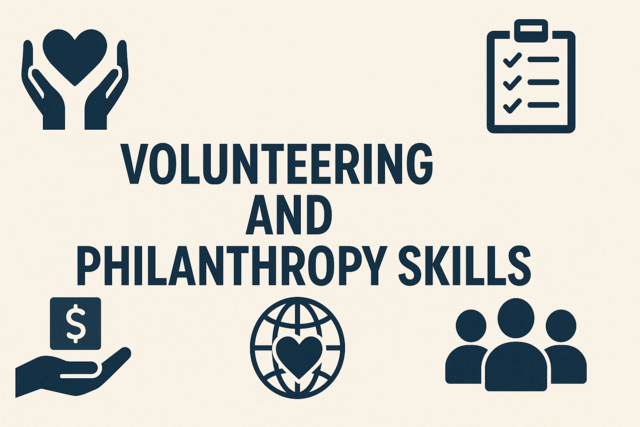 7 hours
0.7 CEUs
Volunteering and Philanthropy Skills
+ More Info
7 hours
0.7 CEUs
Volunteering and Philanthropy Skills
+ More Info
-
 6 hours
0.6 CEUs
Introduction to Minimalist Living
+ More Info
6 hours
0.6 CEUs
Introduction to Minimalist Living
+ More Info
-
 5 hours
0.5 CEUs
Personal Hygiene and Grooming Essentials
+ More Info
5 hours
0.5 CEUs
Personal Hygiene and Grooming Essentials
+ More Info
-
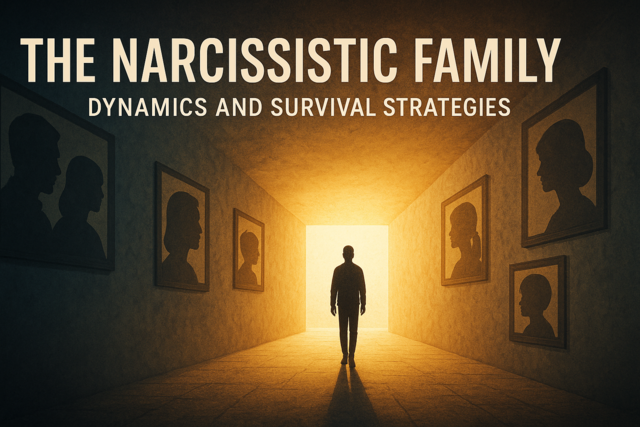 5 hours
0.5 CEUs
The Narcissistic Family: Dynamics and Survival Strategies
+ More Info
5 hours
0.5 CEUs
The Narcissistic Family: Dynamics and Survival Strategies
+ More Info
-
 6 hours
0.6 CEUs
Healing from Narcissism: Paths to Recovery and Healthy Dynamics
+ More Info
6 hours
0.6 CEUs
Healing from Narcissism: Paths to Recovery and Healthy Dynamics
+ More Info
-
 3 hours
0.3 CEUs
Networking and Relationship Building
+ More Info
3 hours
0.3 CEUs
Networking and Relationship Building
+ More Info
-
 5 hours
0.5 CEUs
Understanding Nutrition Labels and Food Choices
+ More Info
5 hours
0.5 CEUs
Understanding Nutrition Labels and Food Choices
+ More Info
-
 4 hours
0.4 CEUs
Emergency Preparedness and Survival Skills
+ More Info
4 hours
0.4 CEUs
Emergency Preparedness and Survival Skills
+ More Info
-
 7 hours
0.7 CEUs
Healthy Lifestyle and Fitness Habits
+ More Info
7 hours
0.7 CEUs
Healthy Lifestyle and Fitness Habits
+ More Info
-
 3 hours
0.3 CEUs
Budgeting and Financial Planning
+ More Info
3 hours
0.3 CEUs
Budgeting and Financial Planning
+ More Info
-
 5 hours
0.5 CEUs
Generational Patterns: How Narcissism Perpetuates Dysfunction
+ More Info
5 hours
0.5 CEUs
Generational Patterns: How Narcissism Perpetuates Dysfunction
+ More Info
-
 7 hours
0.7 CEUs
Developing and Maintaining Healthy Habits
+ More Info
7 hours
0.7 CEUs
Developing and Maintaining Healthy Habits
+ More Info
-
 7 hours
0.7 CEUs
Building a Healthy Work Environment
+ More Info
7 hours
0.7 CEUs
Building a Healthy Work Environment
+ More Info
-
 5 hours
0.5 CEUs
Developing a Growth Mindset
+ More Info
5 hours
0.5 CEUs
Developing a Growth Mindset
+ More Info
-
 7 hours
0.7 CEUs
Sustainable Living and Eco-Friendly Practices
+ More Info
7 hours
0.7 CEUs
Sustainable Living and Eco-Friendly Practices
+ More Info




